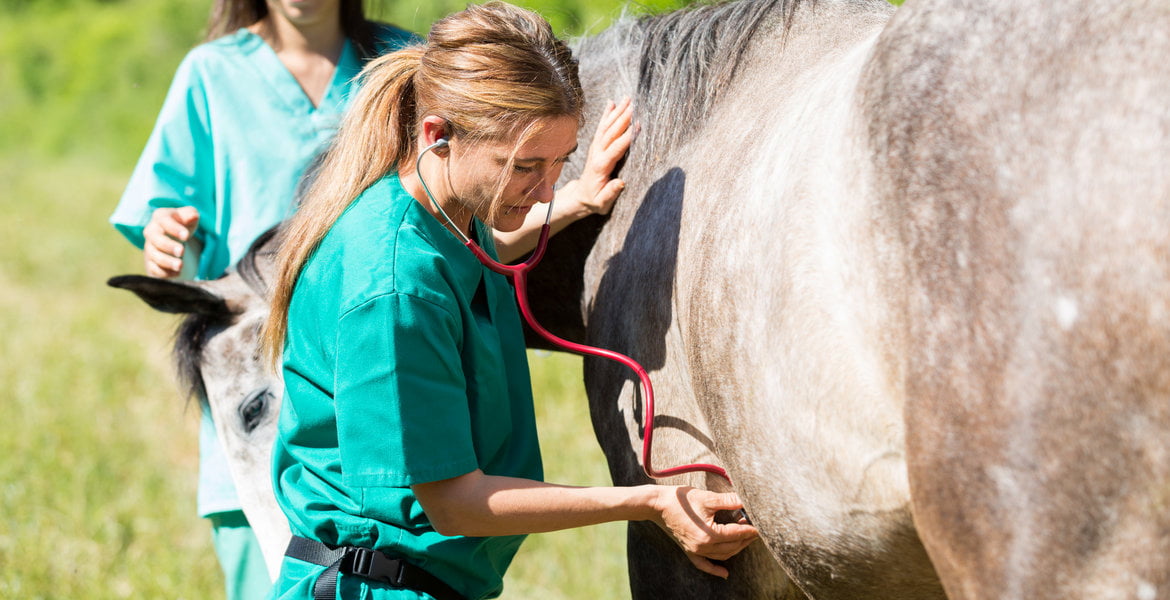Dec 23, 2019, 11:21 AM
Horses are amongst the most resilient animals that you'll see, however, like all animals, they are subject to their own set of illnesses. As humans, when it comes to keeping your horse in top condition, prevention is always better than cure. You can avoid routine trips to the vet by following certain simple precautions and by noticing signs that your horse may not be at 100% percent. In this write-up, we’ll be going through some of the most common health conditions that impact horses and how you can overcome them.

Gastrointestinal Disorders
Like any living organism, water is the primary equine nutrient source. In most cases, horses are seen to consume up to 10 to 15 liters of water in a day during the winter and around 50 to 70 liters during hot weather conditions. Your horse is prone to develop a variety of gastrointestinal diseases such as colitis, IBD, and ileus, if it does not consume the required amount of water in a day. One of the primary symptoms that point to whether your horse is suffering from any of the conditions mentioned above is the passage of hard and dry stools. To prevent such illness, make sure that the drinking troughs and buckets are clean. If the problem still occurs, test the water to see if it has the required nitrate and nitrite content.
Dental Problems
All horses are born with “dental stock,” that grows as they age. It is usually seen that horses that have any form of dental issues will be hesitant to eat its usual quota. As they are not able to chew the food properly, it also means that whatever food they consume won’t be correctly digested and in turn, will take a toll on the value of its daily ration. One of the most noticeable symptoms as to whether your horse is suffering from any form of dental trouble is the presence of small hay balls in the stable. Horses chew hay into little balls to provide padding between the jaws and cheeks to avoid pain and injury. Like humans, horses should also be subjected to regular dental check-ups at least once in a year with an equine dentist to avoid such troubles.

Ulcer
Ulcers may develop in horses either due to poor dietary choices or due to psychological reasons. If your horse is already suffering from such a condition or you are worried it may develop the same, your first-course action should be to reduce the cereal intake. Cereal comes with high starch content, which tends to promote hyperacidity within the stomach. A natural way to countering this problem would be to feed the animal with around 5 to 7kg of meadow hay each day. You can also choose to include Royal Horse H250 or H350 to its diet, as they contain clay and sodium bicarbonate, which helps to prevent and limit ulcers.
